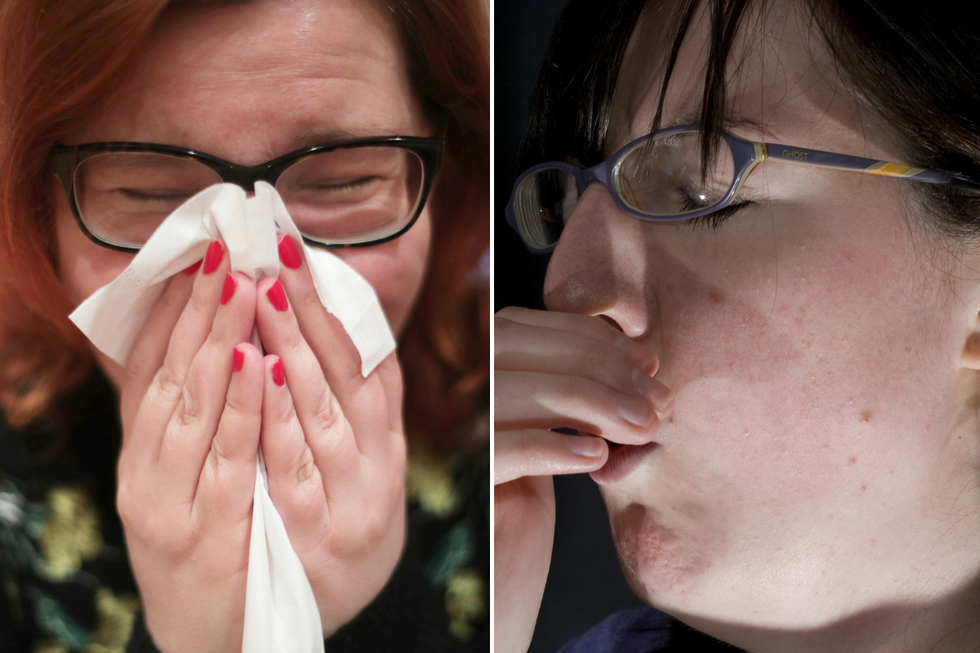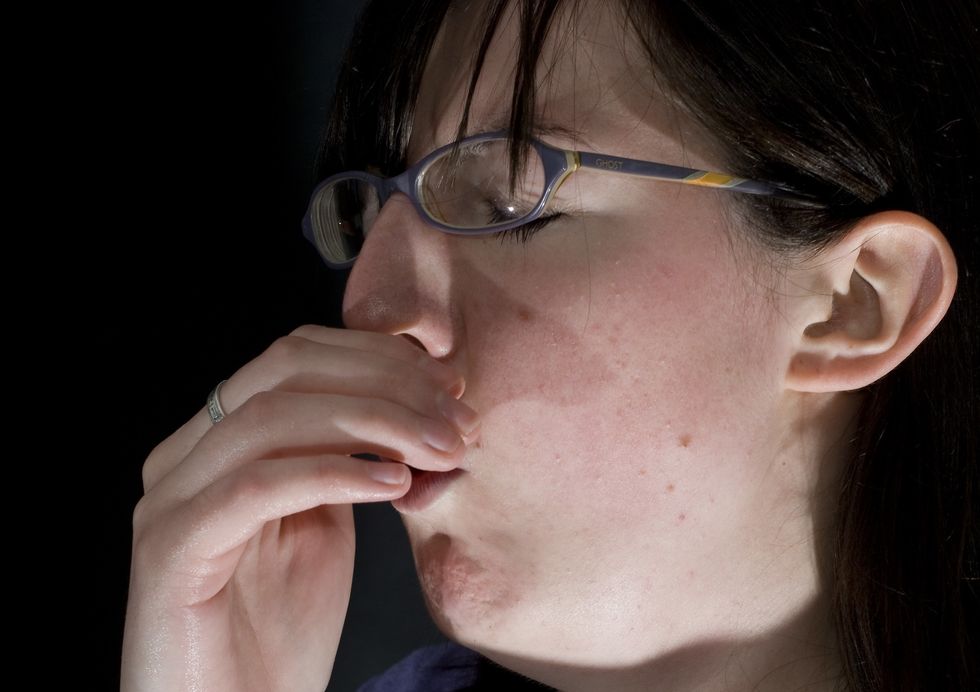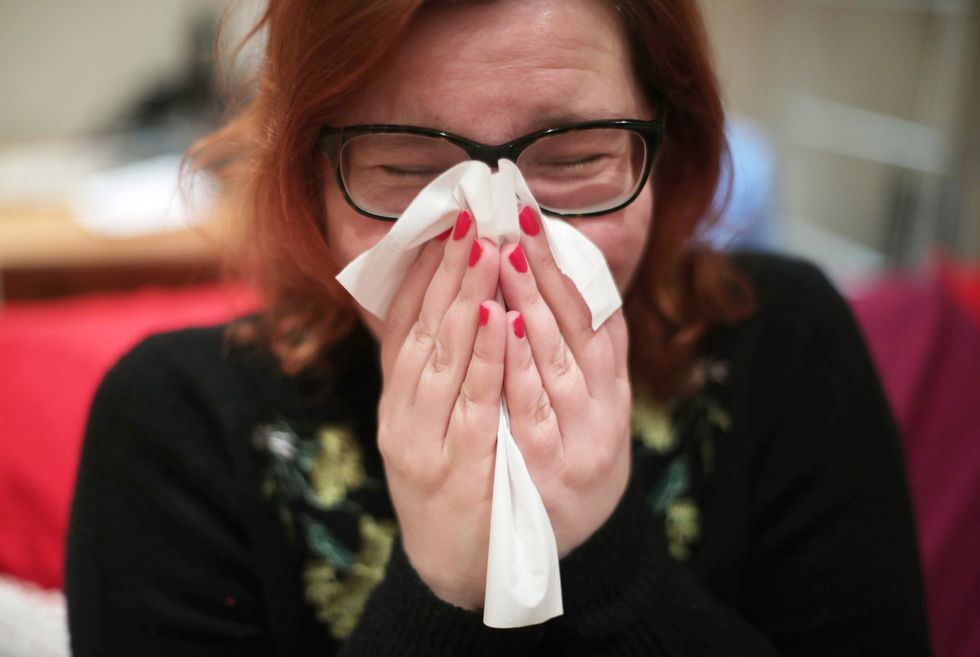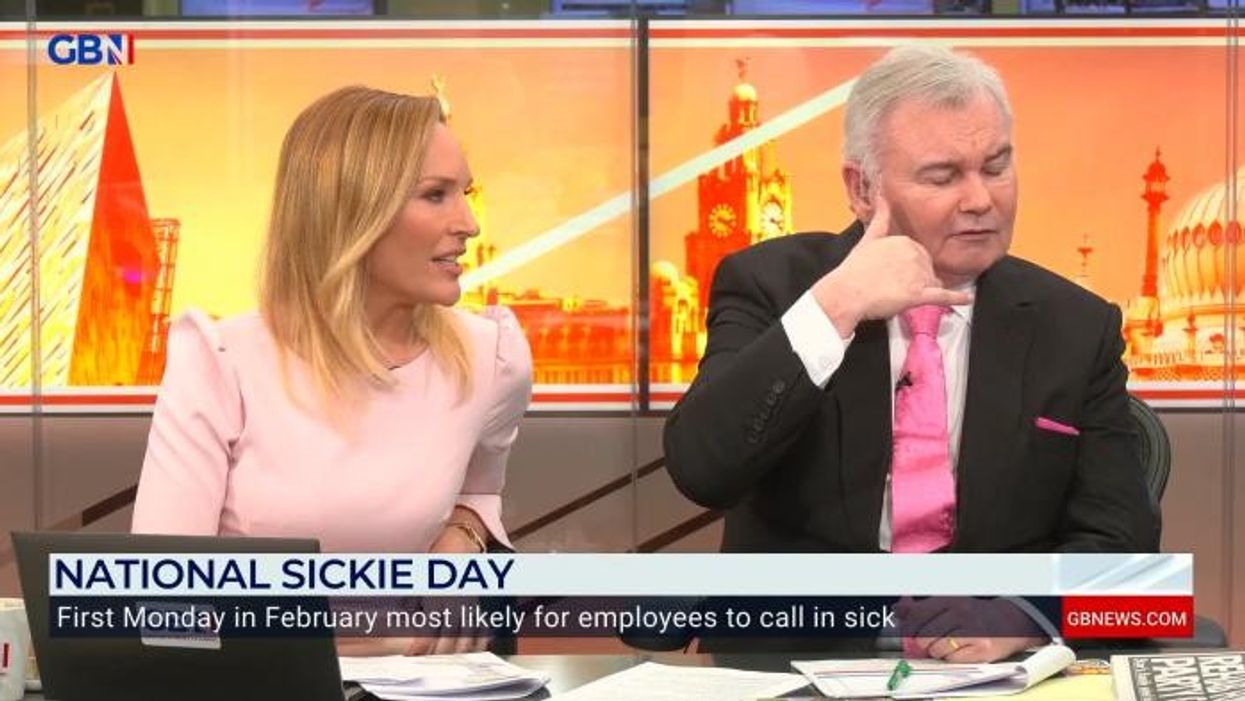More than 350,000 Britons set to call in sick to work on National Sickie Day with younger people and women most likely

The first Monday in February is the day when the greatest amount of UK employees take the day off work due to illness
Don't Miss
Most Read
It’s National Sickie Day today where Brits are statistically the most likely to call in sick with work.
Traditionally the first Monday in February is the day when the greatest amount of UK employees take the day off work due to illness, according to Employment Law Experts (ELAS).
Up to 375,000 staff will today tell their boss that they are too ill to do their job - whether that be down to real sickness or something a little more fictional.
Kirsten Cluer is the Owner and Director of Cluer HR and told GB News why so many Brits call in sick on National Sickie Day.

Today is National Sickie Day (stock pic)
|PA
She said: “The reasons behind it are possibly because it’s the first pay day after Christmas, so people maybe have a hangover having gone out and had that night out that they haven’t had since Christmas.
“The weather’s rubbish, everyone’s a bit fed up and down, so they’re going to be more susceptible to depression, anxiety, stress, those sorts of things.
“It feels like summer is a mile, hundreds of miles off and I think post-Christmas blues make all ailments feel worse.”
The UK wide phenomenon costs the economy around £45m in lost wages, hours and overtime, according to research.
But Kirsten Cluer, Owner and Director of Cluer HR, told GB News that there is a reputational cost to businesses as well as a financial one.
“Obviously, there’s the cost to the business from the bottom line, but there’s also the effect on the company’s reputation potentially because if you’ve got to cancel meetings or deadlines are missed or a service isn’t provided that you’ve committed to providing, then you’re going to have dissatisfied customers,” she said.

More than 350,000 Britons are expected to call in sick today (stock pic)
|PA
There’s no legal limit on the number of sick days we can take in the UK.
According to healthcare provider Benenden, younger employees and those working in the public sector are more likely to take a sick day.
Older employees are less likely to take days off sick than their younger colleagues, and women are more likely to call in sick than men. But men are more likely to call in sick when feeling tired, under the weather or hungover when compared to women.
GB News spoke to people in Hull, East Yorkshire, to ask them for their thoughts on the concept of throwing a sickie and opinion was mixed.
Savannah told us: “If you’re actually sick, then fair enough, but we’ve all done it when we haven’t really been sick, haven’t we?”
Les said: “Well I don’t agree with it really, you go to work to earn the pennies and I think you should only be off work when you’ve got holidays and stuff like that, unless you’re genuinely badly.

Women are more likely than men to call in sick (stock pic)
|PA
Another man added: “If you pull a sickie for being hungover, it’s your fault and you shouldn’t really do it, but people are going to do it because you work a lot of hours don’t you, so I think it’s fair enough sometimes.”
One woman told us: “It’s disgusting really, they shouldn’t be doing that. If they’re sick, okay, but not if they’re just doing something other than working.”
Her husband added: “Same here, I can’t remember having a day off sick if I’m honest.”
But Ellie disagreed and said: “I think it’s absolutely fine, I’ve done it so many times and I think if people just need that day, they can have it.”
Another woman, Molly said: “I’ve never done it, but I’m planning on it now” and her friend Sadie added: “Definitely, yeah, now that I know about it.”
Surveys suggest the top reasons for employees calling in sick include flu, back pain and stomach bugs.
Figures from the Department for Work and Pensions show more than 130 million days are lost every year to sickness absence and ACAS calculates that absenteeism in the workplace costs the UK economy £17 billion every year.











